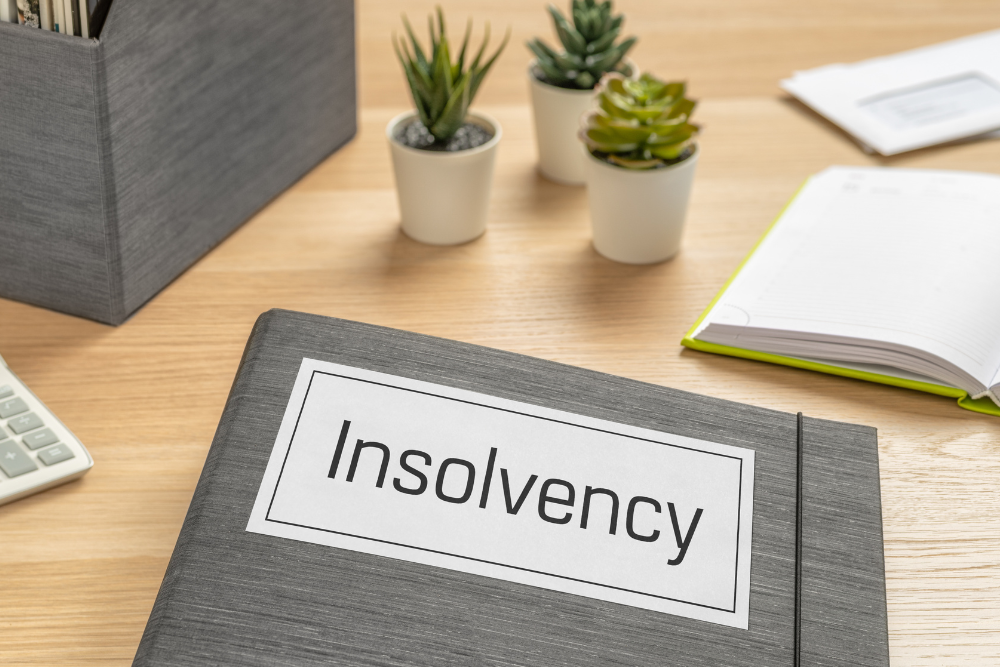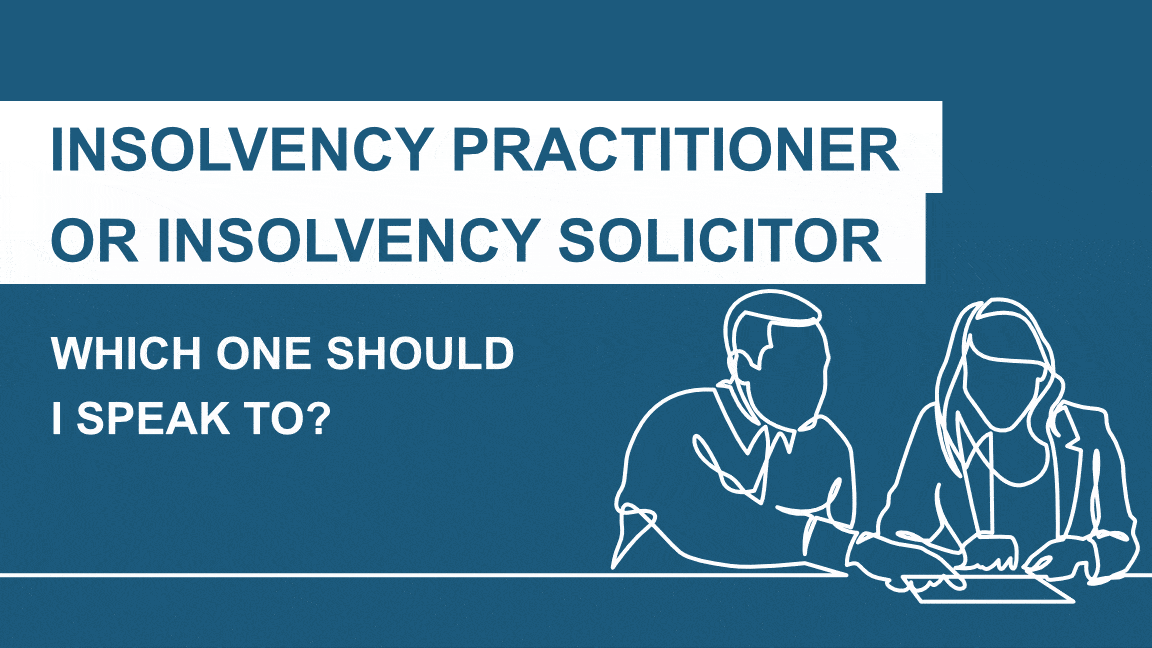The smart Trick of Insolvency Practitioner That Nobody is Talking About
Table of ContentsNot known Facts About Insolvency PractitionerThe 20-Second Trick For Insolvency PractitionerRumored Buzz on Insolvency PractitionerMore About Insolvency PractitionerThe smart Trick of Insolvency Practitioner That Nobody is Talking About
Whether you need to use an insolvency professional (IP) to liquidate your firm relies on numerous elements. While involving an insolvency specialist for all kinds of liquidation is not a legal need, doing so can often improve the process and ensure conformity with lawful demands. Liquidating a business is an important choice that features considerable consequences.

It is a procedure used when a business does not have any type of financial institutions, or all of their lenders can be repaid in complete with statutory interest. Understanding the various kinds of bankruptcy procedures can help you identify the best strategy for your firm's liquidation or various other formal insolvency procedures itself.
This is obligatory in order to stick to lawful needs - Insolvency Practitioner. This is because IPs have the required qualifications and experience to make sure that the liquidation process is performed according to all relevant legislations and laws. By involving a certified insolvency professional, you can have tranquility of mind understanding that your company's liquidation procedure will certainly be dealt with skillfully and in conformity with the appropriate lawful requirements
7 Easy Facts About Insolvency Practitioner Described
The insolvency professional is assigned as a liquidator and is liable for handling the business and liquidator's financial obligations superior responsibilities and assets. This process includes liquidating the company's assets and dispersing the profits to creditors. Upon completion of the process, the business is eliminated from the register at Business House.
Stopping working to do so can lead to personal responsibility for the firm or director for the creditor's financial debts. Volunteer liquidation, that includes Financial institutions' Volunteer Liquidation (CVL) and Participants' Volunteer Liquidation (MVL), is initiated by the firm's directors and shareholders when they can no longer pay their debts. In a CVL, the bankruptcy professional is marked as the liquidator, responsible for handling business financial obligations and all business possessions.

See This Report on Insolvency Practitioner
By evaluating the knowledge and experience of prospective insolvency specialists, you can make certain that you pick a practitioner that possesses the essential certifications to manage your business's liquidation process effectively. While bankruptcy practitioner-led liquidation is usually the most proper program of activity for business facing bankruptcy, there are alternative approaches to think about, such as striking off and partial liquidation.
It's important to review all offered alternatives prior to choosing the next finest solution or strategy for your business. Striking off firms' signs up is a much more simple and cost-effective way the original source to shut dormant or tiny companies without any financial debts or properties. To strike learn this here now off a business, its name is gotten rid of from the Firms House register by submitting form DS01.
Prior to going with striking off, it's crucial to consider the advantages and disadvantages of this method and think about whether it's the appropriate selection for your company. Partial liquidation is an additional choice to insolvency practitioner-led liquidation, in which a firm sells off specific assets and responsibilities while proceeding to operate with the staying assets and responsibilities.
An Insolvency Practitioner will have the ability to encourage you of the finest training course of activity to take and ensure that every little thing runs smoothly. It is not possible to sell off a company without a liquidator. Selecting an authorized insolvency professional is required for the process of volunteer liquidation to begin.
The 10-Second Trick For Insolvency Practitioner
It is possible to close and liquidate your company without like this utilizing a liquidator, supplied your firm is solvent and you satisfy the qualification requirements to liquify or liquidate it. Nonetheless, if your firm is financially troubled, you might be required to utilize a liquidator and begin formal insolvency procedures. Here are a few other helpful posts regarding company liquidation in the UK:.
Remaining in a placement where you're unable to pay your company's creditors is incredibly difficult. In an effort to avoid raising the degree of debt, many firms try to negotiate directly with their lenders and consent to a casual setup. If the debt is rather little and owed to one financial institution, and the lender is being participating, entering right into an casual financial debt arrangement is most likely the very best option, rather than looking the internet for 'an insolvency practitioner near me'.
On the other hand, if there are several financial institutions and the level of financial debt is huge, creditors may not be so eager or cooperative. In order to avoid liquidation or insolvency, it is better to hire an insolvency professional to draw up formal proposals and negotiate with lenders in your place.
The Greatest Guide To Insolvency Practitioner
Whilst it is a method to handle financial debt, there are substantial threats entailed with this sort of debt plan - Insolvency Practitioner. If a lender is ready to enter right into an informal plan (IA) whereby the borrower has concurred to make normal, if lower, payments to repay the financial debt, it's vital to stay with the contract

The financial institution is within their rights to back out of the arrangement and request the courts for your company to be sold off at any type of time. A formal plan that has actually been recommended by an insolvency expert in your place, and agreed by a creditor, gives a much safer option.
Comments on “The 8-Minute Rule for Insolvency Practitioner”